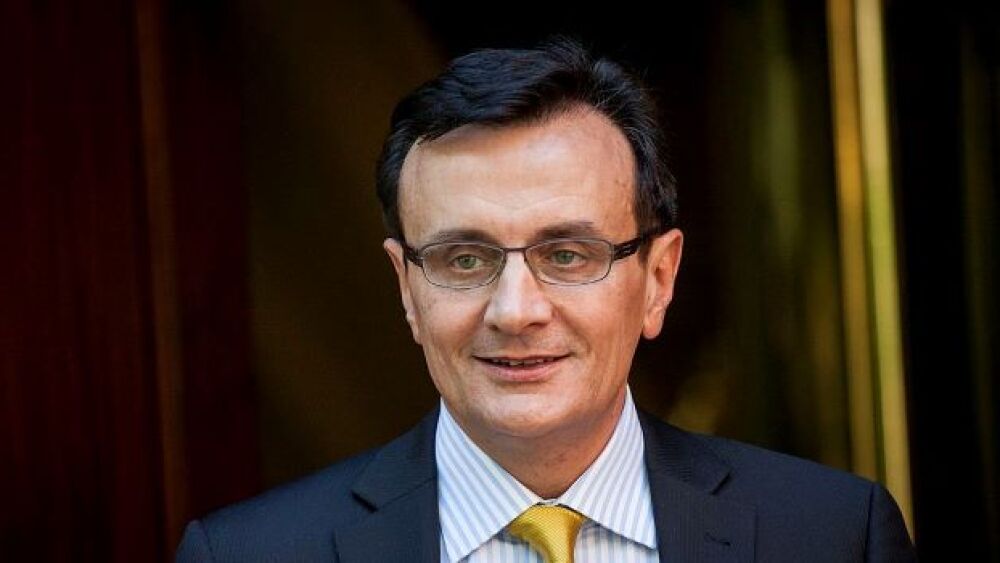AstraZeneca announced it is making significant cuts from its pipeline in an attempt to realign its priorities and recover from waning COVID-19 drug sales.
Courtesy of Rob Stothard/Getty Images
In a Q4 pipeline update Thursday, AstraZeneca announced it is making significant cuts from its pipeline in an attempt to realign its priorities and recover from waning COVID-19 drug sales.
One of the candidates it is dropping is MEDI9253, an interleukin-12 (IL-12) immunotherapy, which marks the second IL-12 therapy of this type the company has cut in the last three months. In November, AstraZeneca returned the rights for MEDI1191 to Moderna, its original owner.
This discarding of IL-12 therapies is growing in popularity as of late.
Merck KGaA started the trend in early January, when it decided to sell its IL-12 candidate, M9241, to PDS Biotech for $5 million. And on Monday, BMS announced it would return the rights for IL-12 immunotherapy program DF6002 to Dragonfly Therapeutics, reversing a 2020 deal in which BMS paid Dragonfly $475 million upfront for the candidate.
Susan Galbraith, Ph.D., executive vice president of oncology R&D at AstraZeneca, assured those who attended an early-morning press conference that the decision was not based on a lack of confidence in IL-12 therapies as a whole, but the specific candidate’s performance.
In addition to MEDI9253, AstraZeneca also cut a therapy for chronic obstructive pulmonary disease, two oncology candidates and an experimental IL-33 antibody.
Shifting Gears
The British pharma stated it plans to shift its focus to its cancer, metabolic and rare disease drugs after earning a total of $901 million in net profit in Q4.
Pascal Soriot, CEO, said the company has entered the new year “very much on track to deliver our industry-leading growth ambitions for 2025, but also beyond until 2030.”
He added that his team expects to bring 15 new drugs and therapies to the market over the next decade.
Some of this growth will likely be spurred by AstraZeneca’s recent acquisition of Cincor Pharma in a deal that could potentially reach $1.8 billion in total value. The buyout came with CinCor’s aldosterone synthase inhibitor candidate, baxdrostat, which AstraZeneca plans to study in combination with its diabetes drug, Farxiga (dapagliflozin).
Soriot stated he also expects growth from the company’s China market, as the country’s recent lifting of its stringent COVID-19-related lockdown policies has resulted in an uptick in infections.
Following Thursday’s press conference, AstraZeneca shares rose 5%.





